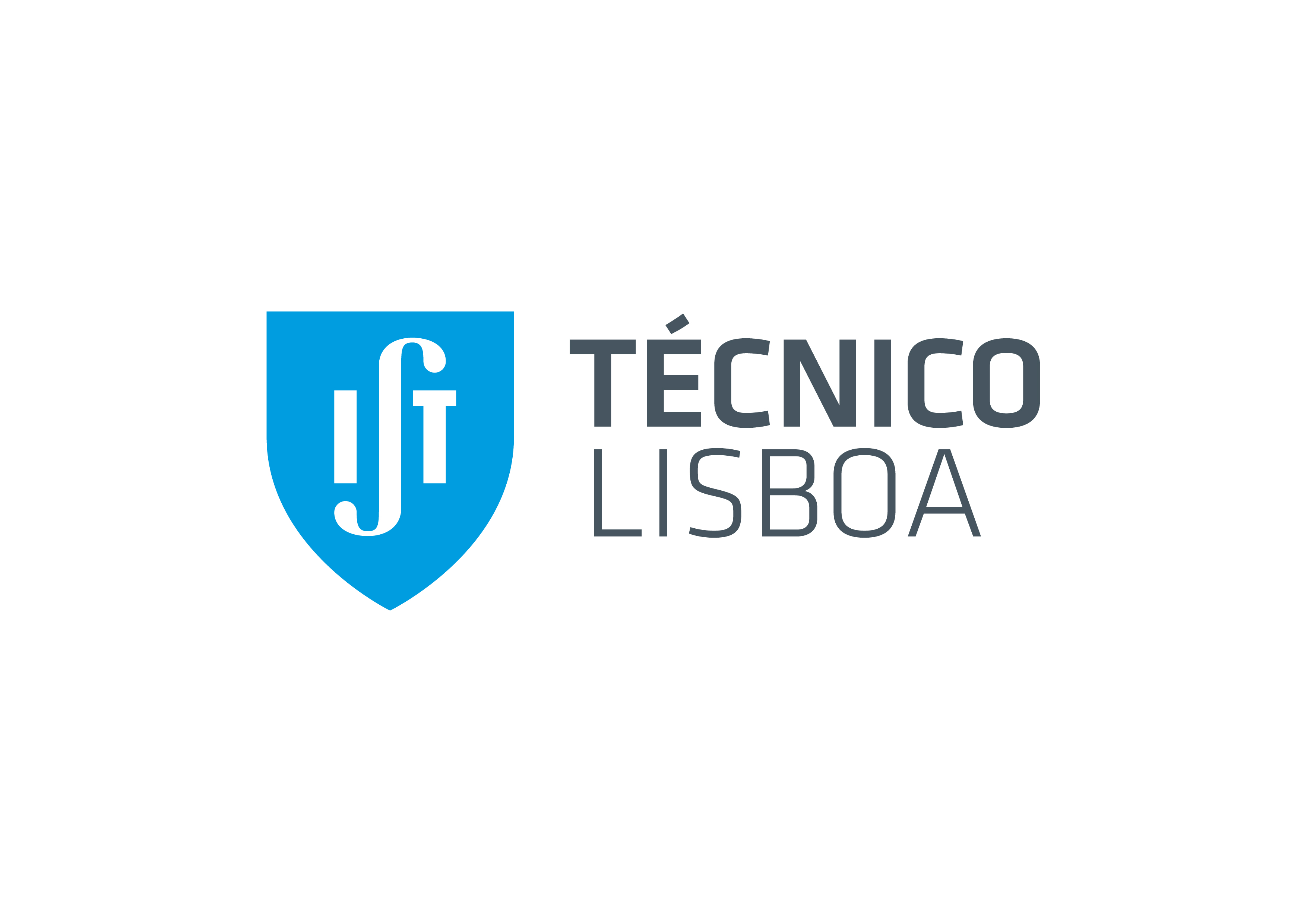
|
|
|

Conference Tutorials
Tutorials can be proposed in the following three categories:
* T1- Introductory Tutorials
* T2- State of the Art Tutorials
* T3- Software and Modelware Tutorials
Tutorial proposals should be emailed to Philippe.Geril@eurosis.org, by indicating the type of tutorial you would like to suggest. (T1, T2 or T3) before APRIL 15, 2017. A confirmation email will be sent to verify that the proposal was received.
Examples of topic areas for tutorial proposals should mirror the topics in the list of conference themes and workshops.
Proposals must be submitted electronically via e-mail, as plain text or in PDF. The tutorial submission should be contained within five pages. Various parts of the proposal for accepted tutorials may be edited for incorporation in the Advance Program.
When preparing a tutorial submission, please consider the suggested template (to be linked later).
Financial Terms
An accepted conference university tutor receives a free conference registration plus a free publication of his tutorial paper. University tutorial presenters will receive also an honorarium depending on the number of attendees registering specifically for the tutorial outside the conference registrants. The precise amount of the honorarium will be determined immediately after the early registration deadline.
Tutorials that have less than 8 early registrants will face the risk of cancellation.
Tutorial Selection Committee
The proposals received will be reviewed by the Selection Committee to ensure a high quality and appropriate mix for the conference. The goal of the Selection Committee is to provide a diverse set of tutorials that attract a large interest among the broad segments within the diverse simulation community.
Actor-Based Methods, Concepts and Tools for Simulation
|
|
Tony Clark, Sheffield Hallam University, UK |
Abstract
Effective organizational decision-making often requires deep understanding of various aspects of an organisation such as goals, structure, business-as-usual, operational processes etc. The large size of an organisation, its socio-technical characteristics, and fast business dynamics make this a challenging endeavor. This tutorial presents a model-based simulation approach to organisational decision-making. We introduce a new technology that supports the approach and illustrate how it is applied to real life problems using real world case studies.
Curriculum Vitae
You can download the tutorial info here in pdf format (2.5Mb) 












